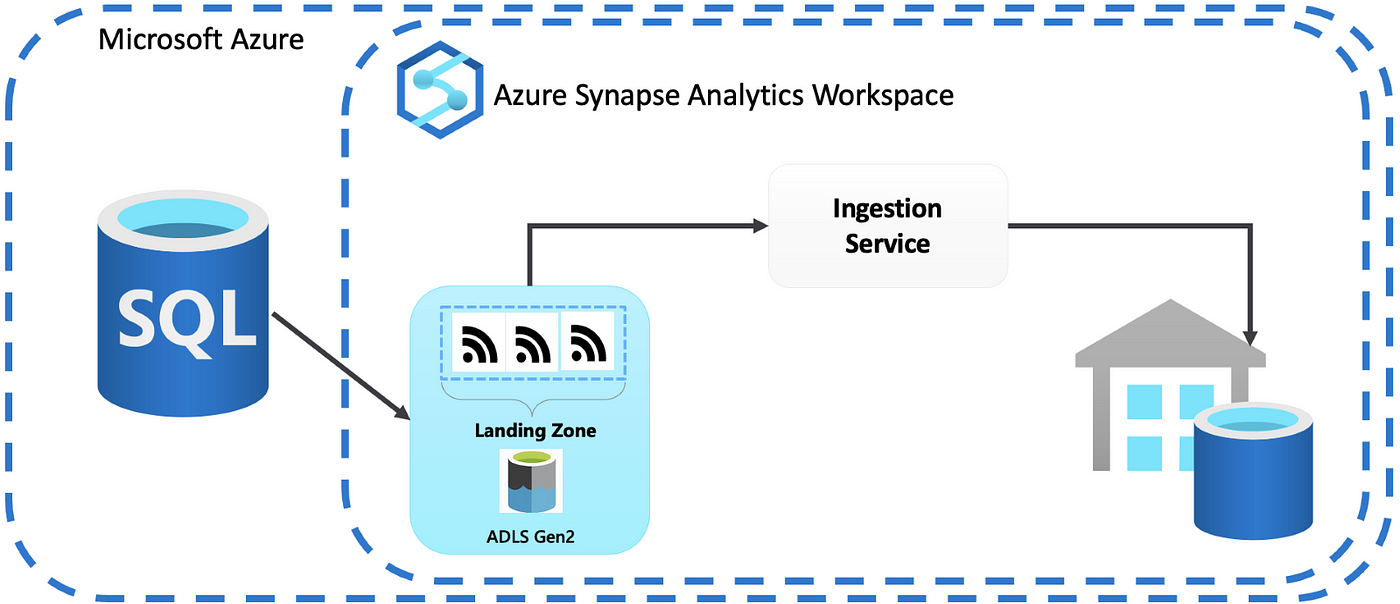In today’s fast-paced business world, selecting the right software solution can significantly impact an organization’s efficiency and success. When it comes to IT service management (ITSM) and enterprise software, two leading contenders are ServiceNow and Oracle. These platforms offer distinct features and capabilities, making it essential for businesses to make an informed choice. In this comprehensive article, we’ll delve into ServiceNow vs. Oracle , providing a detailed comparison of their features, use cases, and performance. By the end, you’ll have the insights necessary to choose the right software solution for your organization.
ServiceNow: Elevating Service Management
Overview:
ServiceNow is a cloud-based platform renowned for its excellence in IT Service Management (ITSM) and broader enterprise service management. It is designed to automate workflows, enhance operational efficiency, and improve service quality across various departments within an organization.
Key Features:
- ITIL Framework: ServiceNow aligns with ITIL (Information Technology Infrastructure Library) best practices, making it an excellent choice for organizations committed to service excellence.
- Workflow Automation: The platform excels in automating routine tasks and processes, reducing manual effort, and boosting overall productivity.
- Service Portal: ServiceNow allows the creation of customized service portals, simplifying service requests and resource access.
- Integration Capabilities: It seamlessly integrates with various third-party applications and systems.
Use Cases:
- Large enterprises with complex service management requirements.
- Organizations seeking comprehensive ITSM solutions.
- Companies dedicated to enhancing service quality and operational efficiency.
External Links:
http://informationarray.com/2023/09/28/servicenow-vs-zendesk-a-comprehensive-comparison-for-customer-support-and-itsm/
Oracle: Powering Enterprise Solutions
Overview:
Oracle is a global leader in enterprise software, providing a comprehensive suite of solutions for businesses of all sizes. It covers a wide range of functionalities, from database management to cloud services and business applications.
Key Features:
- Database Management: Oracle is renowned for its database management systems, offering robust and secure options for data storage.
- Cloud Services: Oracle Cloud provides a vast array of cloud services, including infrastructure as a service (IaaS), platform as a service (PaaS), and software as a service (SaaS).
- Business Applications: Oracle offers a suite of business applications, including ERP, CRM, and HCM solutions.
- Integration Capabilities: It provides tools for seamless integration and data flow between various systems.
Use Cases:
- Large enterprises looking for comprehensive business solutions.
- Organizations in need of robust database management and cloud services.
- Companies seeking to unify their business processes through Oracle’s suite of applications.
External Links:
http://informationarray.com/2023/09/28/servicenow-vs-jira-an-in-depth-comparison/
ServiceNow vs. Oracle: A Detailed Comparison
Let’s provide a side-by-side comparison of ServiceNow and Oracle in a table format to assist you in making an informed decision:
| Feature | ServiceNow | Oracle |
|---|---|---|
| IT Service Management | Excellent | Limited |
| Enterprise Solutions | Limited | Excellent |
| Workflow Automation | Excellent | Good |
| Customization | Extensive | Extensive |
| Integration | Strong | Strong |
| Reporting | Robust | Robust |
| User Base | Diverse, enterprise-wide | Mainly large enterprises |
FAQs
1. Can Oracle be used for IT service management (ITSM)?
While Oracle offers various enterprise solutions, its primary focus is not ITSM. Organizations seeking comprehensive ITSM solutions often prefer ServiceNow.
2. Which platform is more suitable for large enterprises?
Both ServiceNow and Oracle can cater to large enterprises, but the choice depends on specific organizational needs. ServiceNow excels in ITSM and service management, while Oracle specializes in comprehensive enterprise solutions.
3. Can ServiceNow handle database management like Oracle?
ServiceNow’s primary strength is ITSM and workflow automation. For database management, especially at an enterprise level, Oracle remains a top choice.
In conclusion, your choice between ServiceNow and Oracle should align with your organization’s specific objectives and requirements. ServiceNow excels in IT service management and workflow automation, making it ideal for enterprises aiming to enhance operational efficiency in these areas. Oracle, on the other hand, provides a comprehensive suite of enterprise solutions, benefiting large enterprises seeking unified business solutions. Carefully assess your organization’s needs and workflows to make an informed choice that will optimize efficiency and effectiveness.









